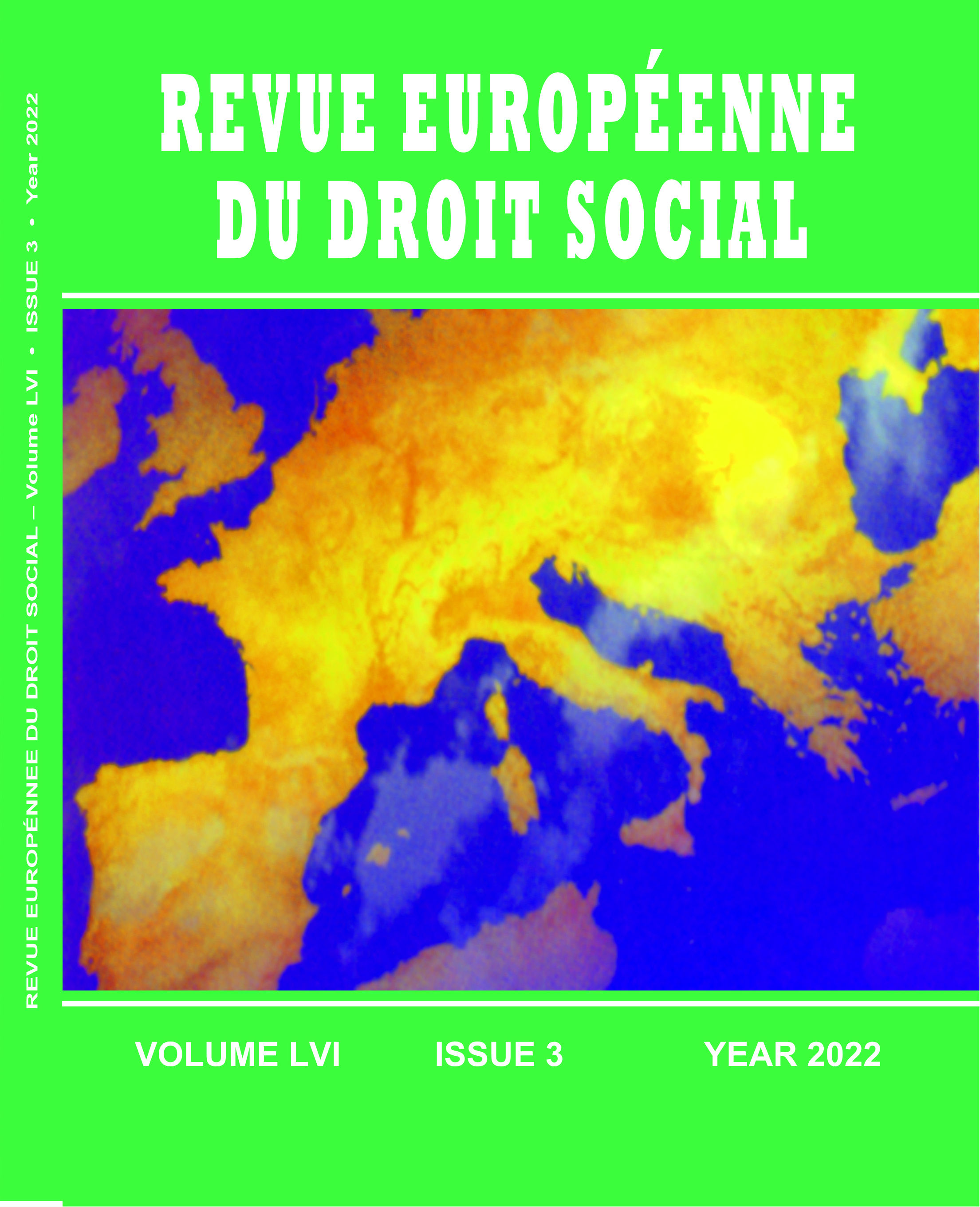ON LEGISLATION AND PRACTICES RELATED TO FLEXIBLE WORK IN ALBANIA
ON LEGISLATION AND PRACTICES RELATED TO FLEXIBLE WORK IN ALBANIA
Author(s): Kune AndonSubject(s): ICT Information and Communications Technologies, Labour and Social Security Law
Published by: Editura Bibliotheca
Keywords: Flexible work; legislation; Albania;
Summary/Abstract: Labor Code, approved by law no. 7961/1995, is the basic legal act that regulates labor relations in the Republic of Albania. It is drafted based on the generally accepted norms of international law and respects all international conventions ratified by the Republic of Albania. The Labor Code is a legal act that continuously reflects the changes due to the globalization process, ILO requirements and recommendations, dynamics in labor relations and labor market needs. Amendments made to the Labor Code by law no. 136/2015 have created the necessary legislative ground for flexible working arrangements. These amendments define the rules for drafting the home employment contract, named Telework. Through them, the Albanian legislation stipulates that working conditions for employees working at home can not be less favorable, compared to other employees who perform the same or comparable work. For these employees, the employer must take measures to facilitate the telework, by making available, installing and maintaining the necessary computer equipment to perform it, except when the employee, who performs the telework, uses personal equipment. The employer is obliged to prevent the isolation of the employees, creating conditions for them to meet with other employees. For the telework contract,the Albanian Labor Code does not require the application of the provisions governing the weekly working and rest time, overtime hours, work on public holidays and night work. This contract does not provide for the treatment of the right to compensation for difficulties at work. The provision in the Labor Code which recognizes the right of the Council of Ministers to provide special rules for employees working at home, has created the legislative support ground for the continuous regulation of labor relations and the flexible labor market in Albania. This provision facilitated coping with the effects of the Covid-19 pandemic. Telework during this period affected the reduction of costs and expenses for businesses. Especially in the services sector, telework is gaining more and more ground in the Albanian labor market. Smart working and hybrid work conditioned initially by the situation created by Covid-19 are now considered as a trend that will prevail employment relations in the banking sector, call centers and services provided by IT companies.
Journal: Revue Européenne du Droit Social
- Issue Year: 56/2022
- Issue No: 3
- Page Range: 28-34
- Page Count: 7
- Language: English

